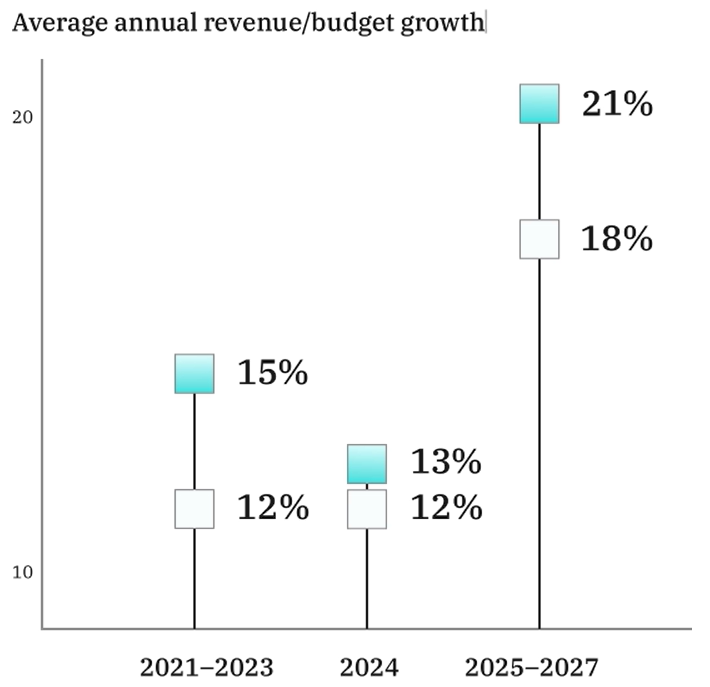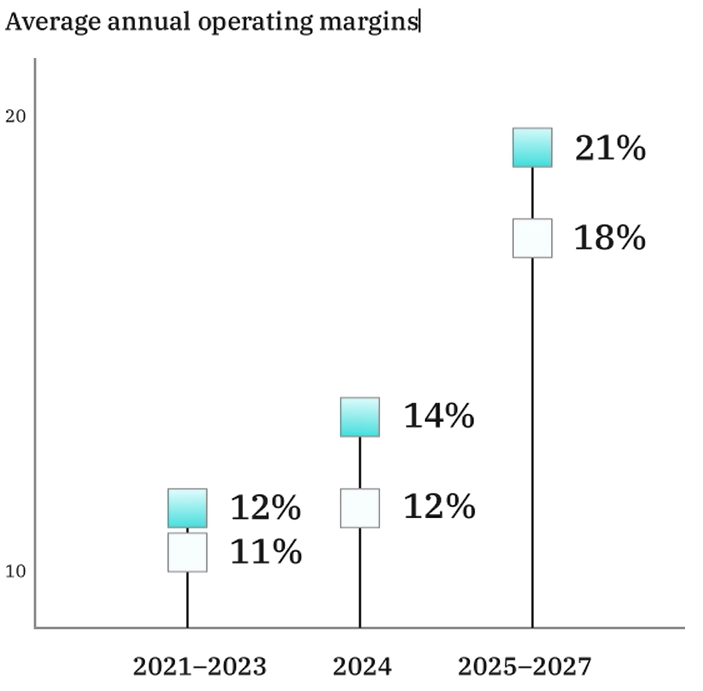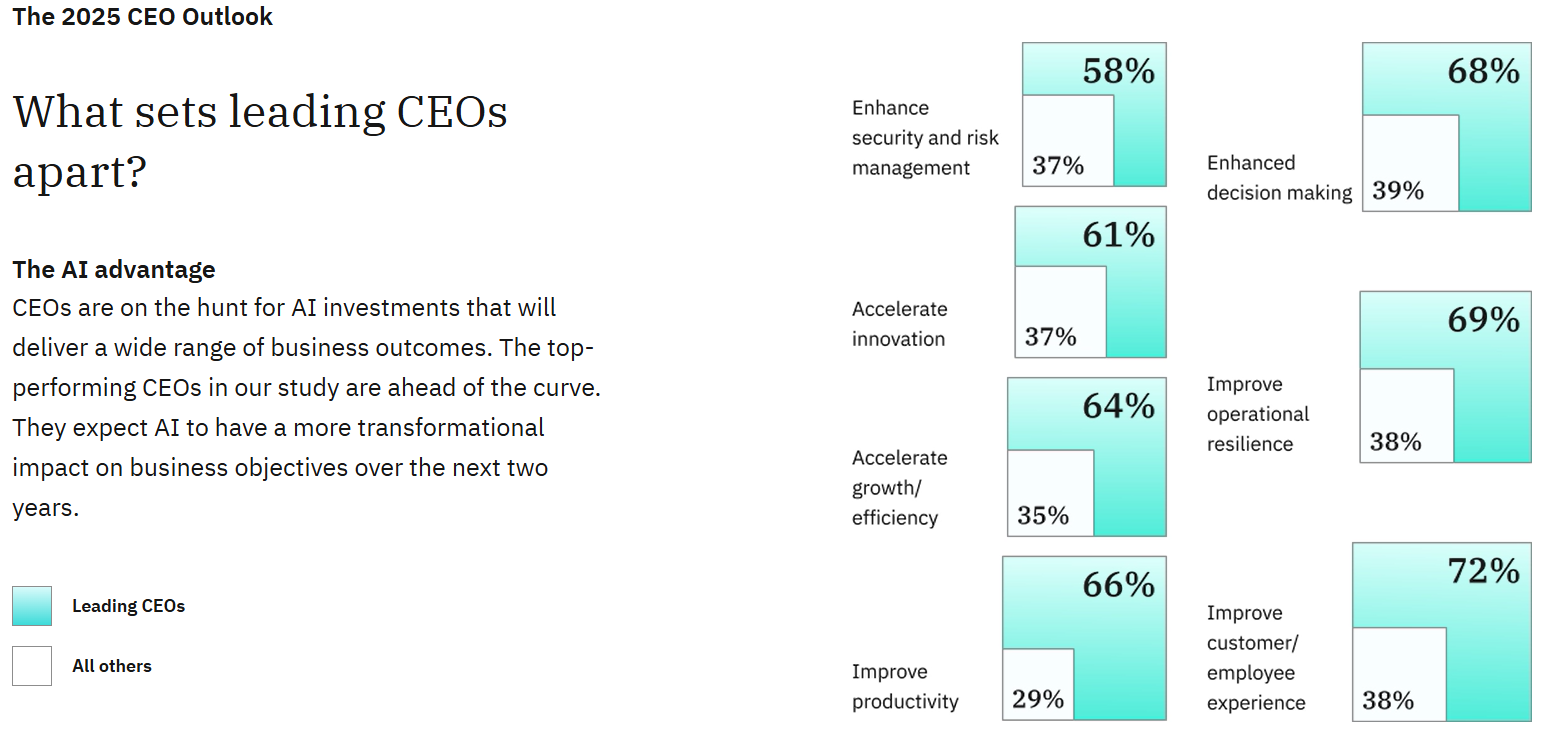
‘You have to trust and empower smart individuals without necessarily knowing what you’re going to get and in what time frame’

Despite the continued popularity of artificial intelligence (AI) among Canadians CEOs, few have been able to adopt the technology throughout their organisation, according to a recent IBM report.
Overall, 72% of Canadian CEOs are actively adopting AI agents and preparing to implement them at scale, compared to 61% globally.
However, only 14% of AI initiatives have successfully scaled AI across their organizations. And only 27% of AI initiatives have delivered expected ROI.
"Canadian CEOs are taking bold steps to integrate AI into their operations, signalling a clear understanding of its transformative potential," says Rob Wilmot, General Manager and Managing Partner of Consulting, IBM Canada. "But this isn't just about adopting AI – it's about embedding it thoughtfully and effectively across the organization. The IBM study indicates that Canadian businesses have the ambition. Now it's time to focus on execution."
More than 9 in 10 (91%) Canadian employers are taking steps toward the shift to agentic AI, according to a previous report from KPMG.
Nearly 7 in 10 (69%) of Canadian CEOs are willing to take more risks than competitors to maintain a competitive edge, according to IBM’s survey of 2,000 CEOs across 33 countries and 24 industries — including 80 Canadian C-Suite leaders.
About the same number of CEOs agree proprietary data is critical to realizing the full potential of generative AI, and 79% view integrated enterprise-wide data architecture as vital for enabling AI-driven transformation.
However, 43% identify poorly integrated or insufficient data as a significant barrier to AI innovation.
In the banking sector, the failure to fully integrate AI is due to many taking the traditional approach, says Sam Everington, CEO, Engine by Starling.
“The traditional approach of executing tech transformations through rigid control processes, fixed cost, scope, and timelines has proven ineffective for technology projects in banks,” he says. “You have to trust and empower smart individuals without necessarily knowing what you’re going to get and in what time frame.”
More than 4 in 10 (41%) admit to feeling pressure to adopt AI technologies in their role, according to a previous report from Robert Half.
Leveraging AI is critical for businesses success, say leading CEOs in the IBM survey.
Leading CEOs—those who deliver better business outcomes—have outperformed the competition in annual revenue growth and operating margin since 2021, according to the report.


These business leaders are “on the hunt for AI investments that will deliver a wide range of business outcomes,” notes IBM.
Previously, Philippe de Villers, chair of Chartered Professionals in Human Resources (CPHR) Canada's board of directors, told HRD Canada that governments and employers need “to make sure we integrate [AI] tools properly in our workplaces to generate productivity, ease the pain on the workers, but also do it in an ethical and moral manner.”
